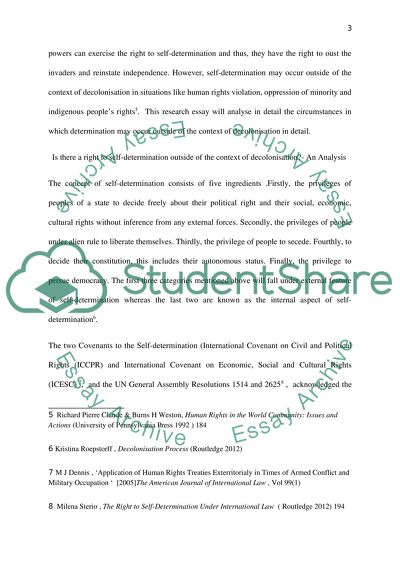Cite this document
(“Is there a right to self-determination outside of the context of Essay”, n.d.)
Is there a right to self-determination outside of the context of Essay. Retrieved from https://studentshare.org/law/1468550-is-there-a-right-to-self-determination-outside-of
Is there a right to self-determination outside of the context of Essay. Retrieved from https://studentshare.org/law/1468550-is-there-a-right-to-self-determination-outside-of
(Is There a Right to Self-Determination Outside of the Context of Essay)
Is There a Right to Self-Determination Outside of the Context of Essay. https://studentshare.org/law/1468550-is-there-a-right-to-self-determination-outside-of.
Is There a Right to Self-Determination Outside of the Context of Essay. https://studentshare.org/law/1468550-is-there-a-right-to-self-determination-outside-of.
“Is There a Right to Self-Determination Outside of the Context of Essay”, n.d. https://studentshare.org/law/1468550-is-there-a-right-to-self-determination-outside-of.


